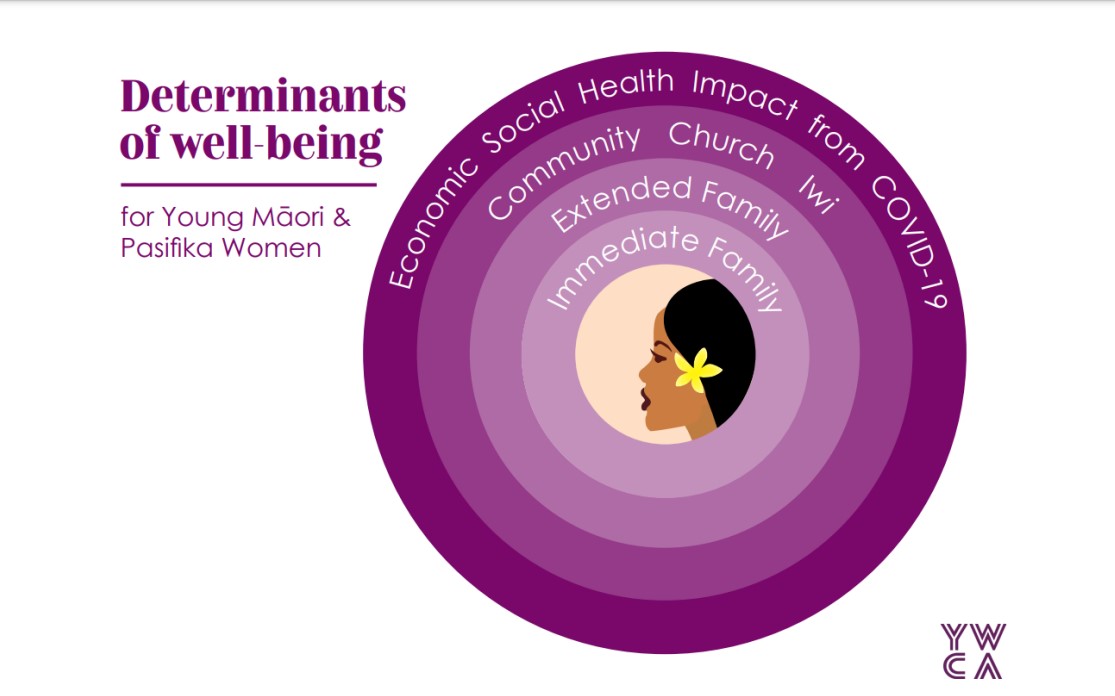‘O le toe Fa’amoemoe ‘o le ‘Aiga - A Family’s Last Hope
Understanding of Hospice and Palliative Care among Samoan Women Family Caregivers
Abstract
Introduction: In general, populations worldwide are aging with non-communicable diseases more likely to affect the elderly; and this group is prone to suffer from more than one chronic condition often resulting in complex clinical and psychosocial situations. As a result, the need for hospice and palliative care services will increase. However, Pacific people prefer to be cared for at home by their family, and they are therefore less likely to access and use hospice and palliative care services. There is limited evidence as to why there is less use of hospice and palliative care services, and there is a gap in strategies aimed at improving access within a Pacific context. This aligns with a poor understanding of the availability of health services more generally within a Pacific context. This research explores the understanding of these services by Samoan female family caregivers who cared for an elderly relative diagnosed with a life limiting condition, in Auckland, New Zealand.
Methods: Qualitative methodology was used, and was underpinned by two approaches: Talanoa, and Constructivist Grounded Theory. Participants were interviewed and the data was subjected to thematic analysis.
Results: Findings from the research acknowledge the importance of understanding cultural beliefs and values, and the relationship between these and the understanding and utilization of, hospice and palliative care services.
Conclusion: Several opportunities are identified to enhance engagement by Samoan families with these services.
Copyright (c) 2024 Peter Huggard, Elizabeth Fanueli, Malakai Ofanoa

This work is licensed under a Creative Commons Attribution 4.0 International License.


